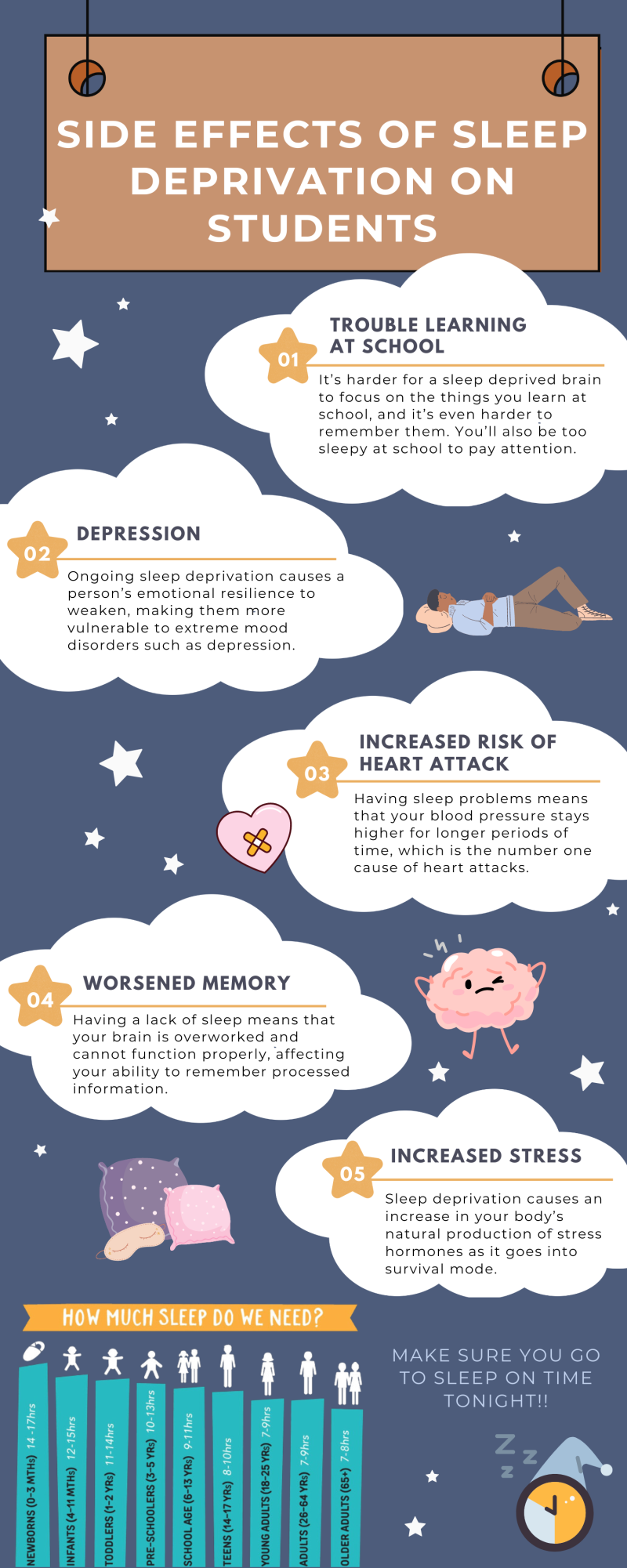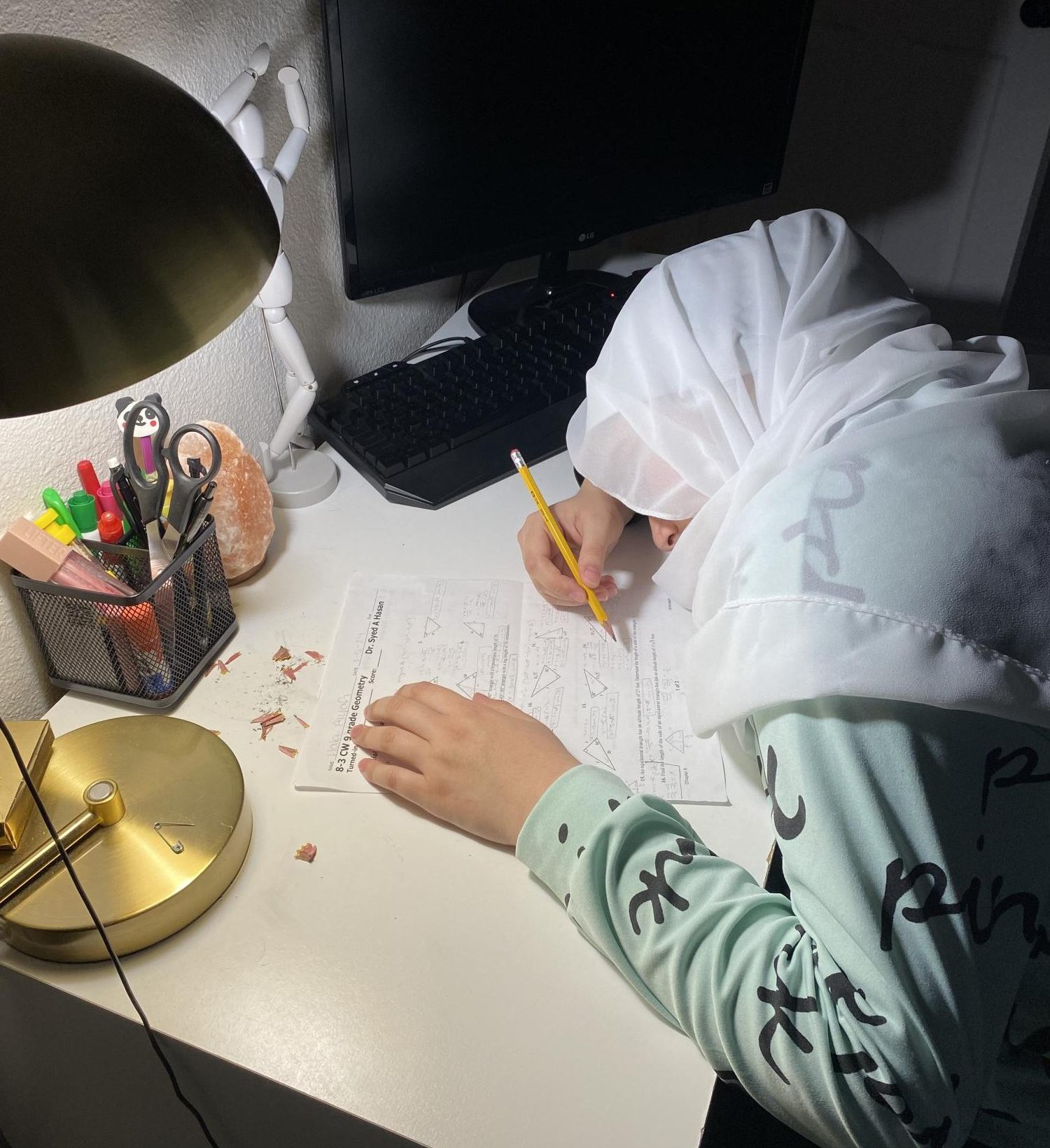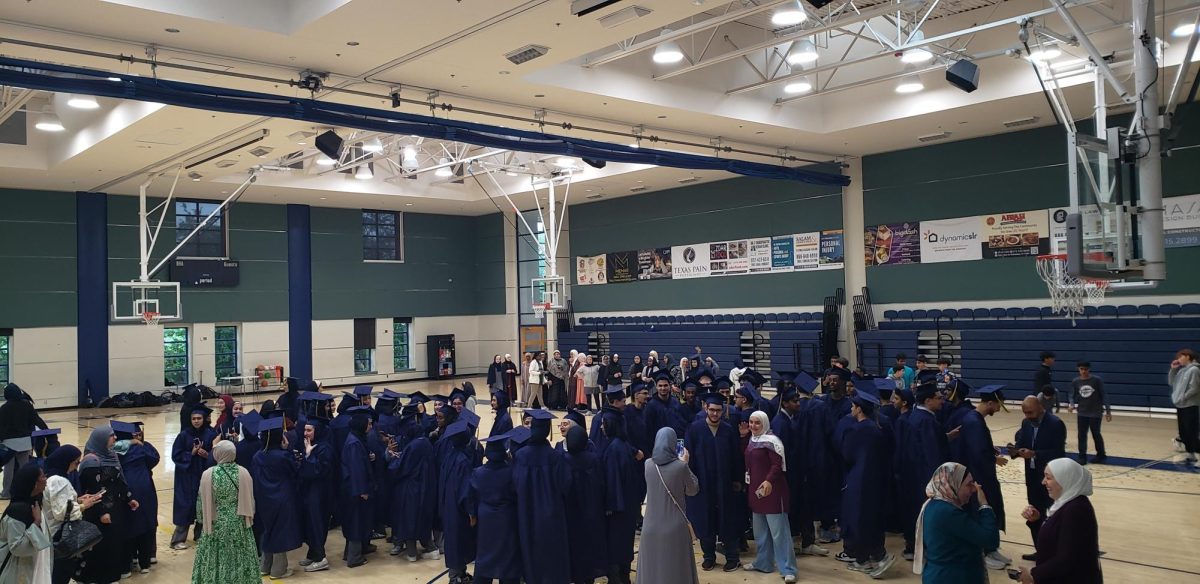An estimated 72.7% of teenage students sleep less than 7 hours a night, as stated by the CDC. According to the Child Mind Institute, students aren’t getting enough sleep due to factors such as exams, screen time, and stress. Teenagers may be in need of more hours of quality sleep to maintain a healthy long-term and short-term brain performance, and to academically succeed.
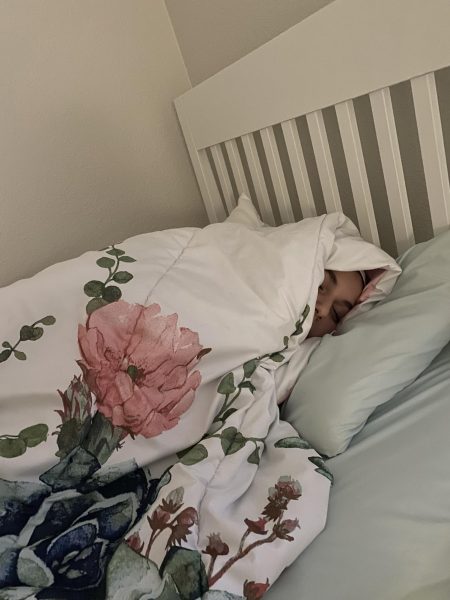
Students often back up their lack of sleep by saying that they were busy doing extra studying. However, what they don’t realize is that quality sleep is when your brain actually takes in what you’ve studied. Essentially, by depriving yourself of sleep, you not only impact your physical health, but you also put all your studying to waste. “REM sleep is the stage of sleep in which we do the most dreaming, and our brains process new information and commit it to memory”, says sleep doctor Dr. Tom Ryan in, “A Study Guide to Getting Sleep During Final Exams”. In addition, Dr.Ryan also mentions, “REM sleep is critical for our cognitive performance. When students miss out on sleep, they primarily miss out on REM sleep, which they need the most when they’re studying for finals.”
Students may falsely believe that the effects of sleep deprivation are merely short-term, avoiding the reality that their lack of sleep also has long-term consequences. “Sleep deficiency can interfere with work, school, driving, and social functioning,” as stated by the National Institutes of Health(NIH). The NIH also goes on to elaborate on the physical toll of sleep deficiency. “You might have trouble learning, focusing, and reacting… Sleep deficiency is linked to many chronic health problems, including heart disease, kidney disease, high blood pressure, diabetes, stroke, obesity, and depression.”
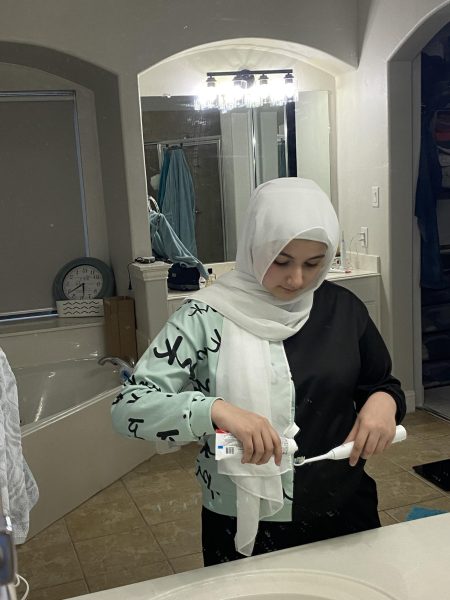
So, how can students improve their sleep schedule? There are many strategies to help students fall asleep, or for those who have trouble doing so. In order to break the cycle of sleeping late, pediatrician Dr. Nilong Vyas, has provided us with some tips for students to fall asleep faster. “It may help to do something that is quiet and relaxing”, states Dr. Vyas. “You might listen to some soothing music, draw or color, or read a nonfiction book. Avoid using your cellphone, or turning on the TV or computer when you cannot fall asleep.”
“Adequate sleep contributes to a student’s overall health and well-being.” As stated by the Centers for Disease Control and Prevention(CDC). “Students should get the proper amount of sleep at night to help stay focused, improve concentration, and improve academic performance. Children and adolescents who do not get enough sleep have a higher risk for many health problems.”
